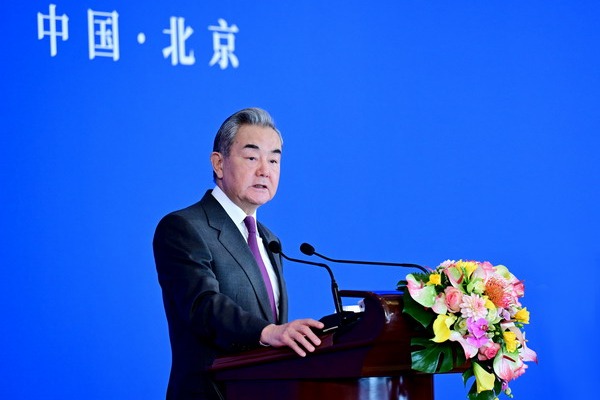US top court upholds Trump travel ban targeting Muslim-majority nations

Hundreds of people gathered in New York City's Foley Square on Tuesday evening to decry the Supreme Court decision. Many held banners reading: "No ban No wall No raids NY is for all."
"Just because something is deemed legal does not make it moral or just," activist Linda Sarsour told the crowd, evoking earlier, since discredited Supreme Court rulings that affirmed slavery or Japanese internment camps.
'STARK PARALLELS'
In a dissent she read in the courtroom, liberal Justice Sonia Sotomayor cited "stark parallels" with the court's 1944 decision that upheld U.S. internment of Japanese-Americans during World War Two. Sotomayor also described various statements Trump made on the campaign trail.
"Taking all the evidence together, a reasonable observer would conclude that the proclamation was driven primarily by anti-Muslim animus," Sotomayor added.
In the ruling, Roberts officially repudiated the 1944 internment decision and rejected any comparison between the cases, saying that the war-era practice was "objectively unlawful and outside the scope of presidential authority."
Roberts said it was "wholly inapt to liken that morally repugnant order to a facial neutral policy denying certain foreign nationals the privilege of admission."
Chad initially was on the list of countries targeted by Trump that was announced in September, but he removed it on April 10. Iraq and Sudan were on earlier versions of the ban. Venezuela and North Korea also were targeted in the current policy. Those restrictions were not challenged in court.
"The ruling will go down in history as one of the Supreme Court's great failures," said Omar Jadwat, a lawyer for the American Civil Liberties Union, which challenged the ban.
The travel ban was one of Trump's signature hardline immigration policies that have been a central part of his presidency and "America First" approach. Trump issued his first version just a week after taking office, although it was quickly halted by the courts.
Trump also has moved to rescind protections for young immigrants called "Dreamers" who were brought to the United States illegally as children, as well as acting against states and cities that protect illegal immigrants, ending protected status for certain immigrants in the country for decades, intensifying deportation efforts and pursuing limits on legal immigration.
The ruling means that most people seeking to enter the United States from the affected countries will need to navigate an opaque waiver process.
"If they are allowed to have this ban, what will they try next?" asked Mohamad Mashta, a Syrian who joined one of the lawsuits challenging the ban. Mashta is a permanent U.S. resident working as an engineer in Ohio whose wife, also Syrian, was able to obtain a visa after the ban was initially blocked.
With the policy in place, the number of people from the affected countries able to obtain visas has plummeted.

































